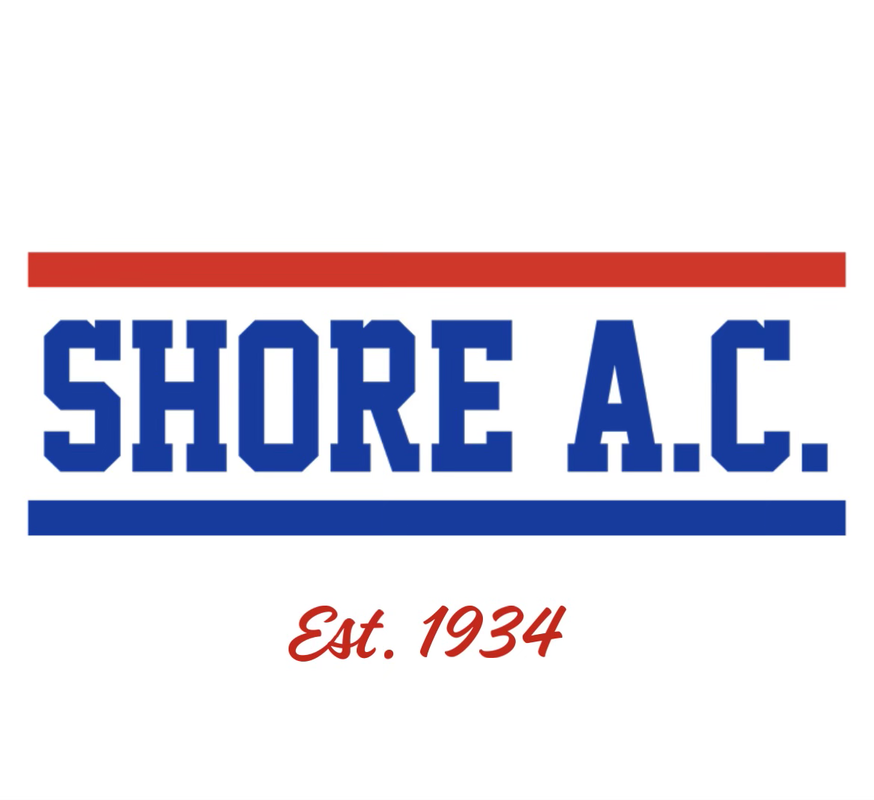|
WEST LONG BRANCH, NEW JERSEY – The first Paris Olympic Games were held at the turn into a brightening new century, when the Modern Games were in their infancy.
It was 1900. The second Paris Olympic Games were held two dozen years later, a century ago, with the world now reconstructing itself from “The War To End All Wars” – and failing. It was 1924. And now it’s Paris’s turn to do it all over again – and join London (which held the Games in 1912, 1948 and 2012) as the second city to host the Games for a third time. The 2024 Games of the XXIII Olympiad are scheduled to open in Paris on July 26, and race on to 16 days of epic competition in 32 sports concluding on August 11. In the Borough of West Long Branch, there are ties that bind itself to the Games in an array of directions. WLB’s Monmouth University has already delivered a pair of USA gold medalists to the Games – swimming’s Wendy Boglioli (1976) and soccer’s Christie Pearce (2004-8-12.) But the borough’s Original Olympian was a man far too few in this town now remember - but was surely one of the greatest athletes New Jersey has produced, Monmouth County has produced, WLB has produced. His name was Chester (“Chet”) Bowman and he’d surely be remembered a lot more today than he was in his lifetime if it weren’t for those coulda-woulda-shoulda asterisks often attached to his name. Born in November 22, 1901, he was a brilliant two-sport athlete (track and field/football) at Long Branch’s Chattle High School (predecessor of today’s Long Branch HS) who went on to brilliance in both sports at Syracuse University, and track and field renown for the Newark Athletic Club. And Team USA, at the Paris Olympics of 1924. He “coulda” have been the Olympic 100-meter dash champion of those 1924 Paris Games. He’d already won the 60-yard dash at the classic Millrose Games at Madison Square Garden, the 100-yard dash at the famed Penn Relays at Franklin Field, and, biggest win of all, the 100-meter final at the USA Olympic Trials at Harvard Stadium. He “coulda” have wrecked the future script of the classic sports film, “Chariots of Fire,” focusing on the British pair of Harold Abrahams and Eric Liddell, if he’d have won at Paris. After all, he’d already beaten Liddell at the Penn Relays. And he’d already beaten top USA rivals Charley Paddock and Jackson Scholz in the Trials. He “woulda” have won in Paris, too, if only he’d come through with yet another blazing start. But Abrahams won it in 10.6 seconds, while Paddock, New Zealand’s Arthur Porritt and Bowman crossed the line in a “blanket finish” just behind. After considerable debate – and long before photo timing would revolutionize the sport – the officials awarded the silver medal to Paddock (clocked in 10.8) and the bronze to Porritt (10.9), and thus keeping Bowman (fourth, also 10.9) inches off the podium. Bowman had won the USA Trials in 10.6. He “shoulda” have had another chance at a medal in the 4x100-meter relay days later. But, for reasons unknown, he wasn’t selected for the relay foursome. The golds still went to the USA foursome of Frank Hussey, Louis Clarke, Loren Murchison and Alf Leconey – decisively over the Abrahams-led British team. At the post-Olympic USA vs. the British Empire meet in London, he joined Paddock, Scholz and Leconey on the winning 4x100-yard relay team. As a three-year (1922-23-24) letterman for Coach Chick Meehan’s mighty Syracuse football teams of the era, he helped power ‘Cuse to successive records of 6-1-2, 8-1-0 and 8-2-1 (a combined 22-4-3.) A Boston newspaper once listed some of his superlatives: He’d returned a William and Mary kickoff for a 100-yard touchdown, had a 65-yard TD return against Alabama. “His work on the striped field has been nothing short of sensational; opponents of the Orange are constantly in fear lest the speedy Chet break loose on one rampage after another,” the story told you. There were even rumors – unfounded – that Meehan had furtively widened the home gridiron to capitalize on Bowman’s speed. He gained honorable mention All-American recognition. With the NFL still in its early industrial-era beginnings, the pros were not a good option. So Bowman returned to track and had six more glorious years (1925-30.) Running for Newark AC, he won the 1926 National AAU indoor 60-yard title In the world-record time of 6.2 seconds and the 1927 National AAU outdoor 100-yard crown in the world record-equaling time of 9.6. Perhaps his greatest two days in track were July 2 and 4, 1927, in Lincoln. Nebraska. After opening the AAU Nationals with that 9.6 100, he concluded the meet as leadoff man on the Newark AC team (with John Currie, James Pappas and Henry Cummings) that blazed to a 4x100-yard relay world record of 41 seconds flat. Bowman and Newark AC had already won that sprint relay crown in 1923-24-26. With the Amsterdam Games of 1928 just ahead, he again seemed primed for Olympic glory. But it just wasn’t to be. The Olympic Trials returned to Harvard Stadium in 1928 but Bowman was unable to return to the top rung. With his fourth place in the first quarter-final of the 100 meters, his dream was over. But he still was in top form in 1930, winning the National AAU 60 yards in 6.4. Bowman came home to West Long Branch but was destined to live just six more years. Tragically, his life ended – at age 34 1/2- on May 31, 1936. Reports said he’d had a heart attack. At this ironic moment – with Jesse Owens just two months away from his own Berlin Olympic glory – West Long Branch was saying goodbye to its own Olympic sprinter, its own hometown record-breaker. Chester Bowman is interred in Glenwood Cemetery, West Long Branch. He has few visitors but has not been forgotten. Shore Athletic Club presented its first Chester Bowman “Chariots of Fire” Memorial Award in 2023 to Bob and Lisa Bazley, applauding their many contributions (as athlete, coach, physical therapists to so many in the track and field world.) And the 2024 award will go to Mel Ullmeyer, the Monmouth University track and field Hall of Famer and veteran Shore Regional High School coach. Presentation will be on Sunday, June 2, at the Elliott Denman New Jersey International Track and Field Meet at Monmouth University’s Kessler Stadium. (West Long Branch resident Elliott Denman was a USA Olympian, too, placing 11th in the 50K racewalk at the 1956 Melbourne Games.
0 Comments
Leave a Reply. |
AuthorShore AC Archives
July 2024
Categories |
|
© 2023 Shore Athletic Club. All Rights Reserved
|
Website Developed by White Custom Marketing
|


 RSS Feed
RSS Feed



